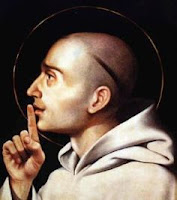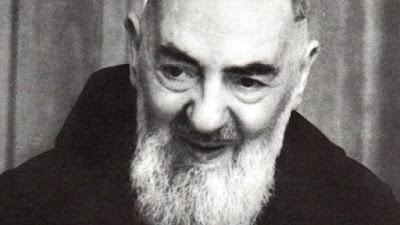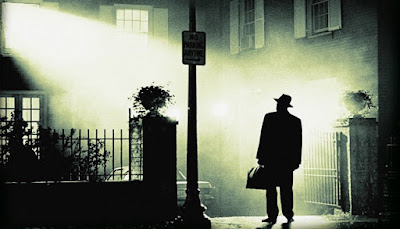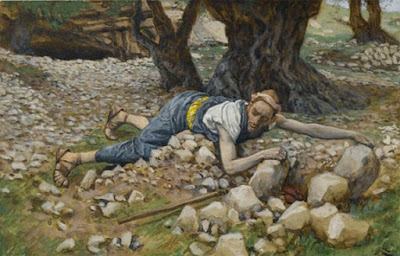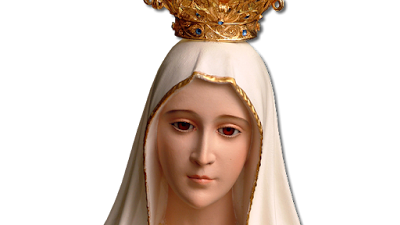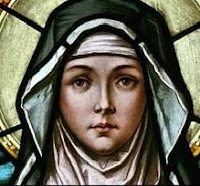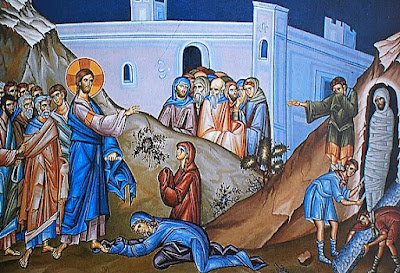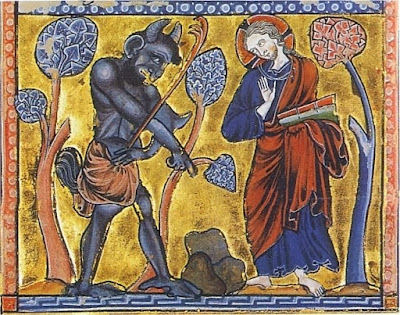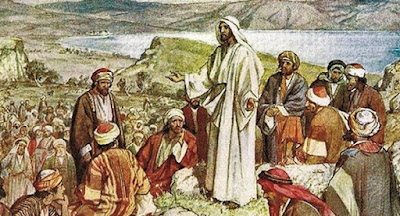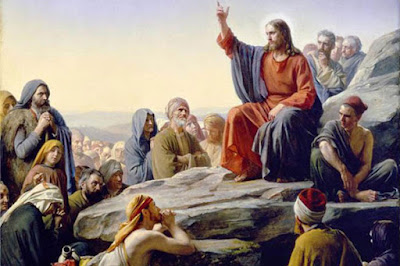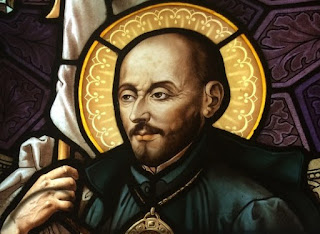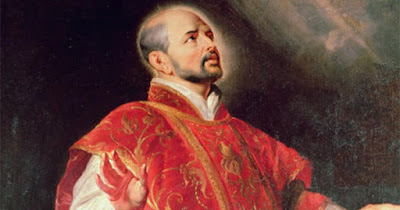Did Our Lady of Akita Predict the State of the Church Today?
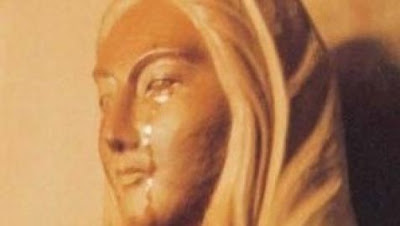
On October 13, 1973, Our Lady of Akita (Japan) told the visionary Sister Agnes Katsuko Sasagawa that heresy would occur within the Catholic Church: "The work of the devil will infiltrate even into the Church in such a way that one will see cardinals opposing cardinals, bishops against bishops. The priests who venerate me will be scorned and opposed by their conferees (other priests)... The Church will be full of those who accept compromises and the demon will press many priests and consecrated souls to leave the service of the Lord." Our Lady concluded with these hopeful words, echoing her message at Fatima: "Pray very much the prayers of the Rosary. I alone am able still to save you from the calamities which approach. Those who place their confidence in me will be saved." Holy Mary, pray that the Church remains faithful starting with ourselves. _____________________________________________ Prayer for a Holy Church and Priests O my Jesus, I beg You on
